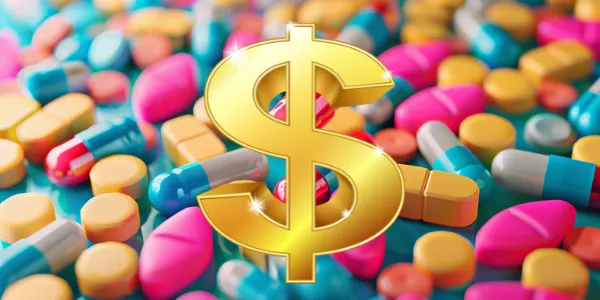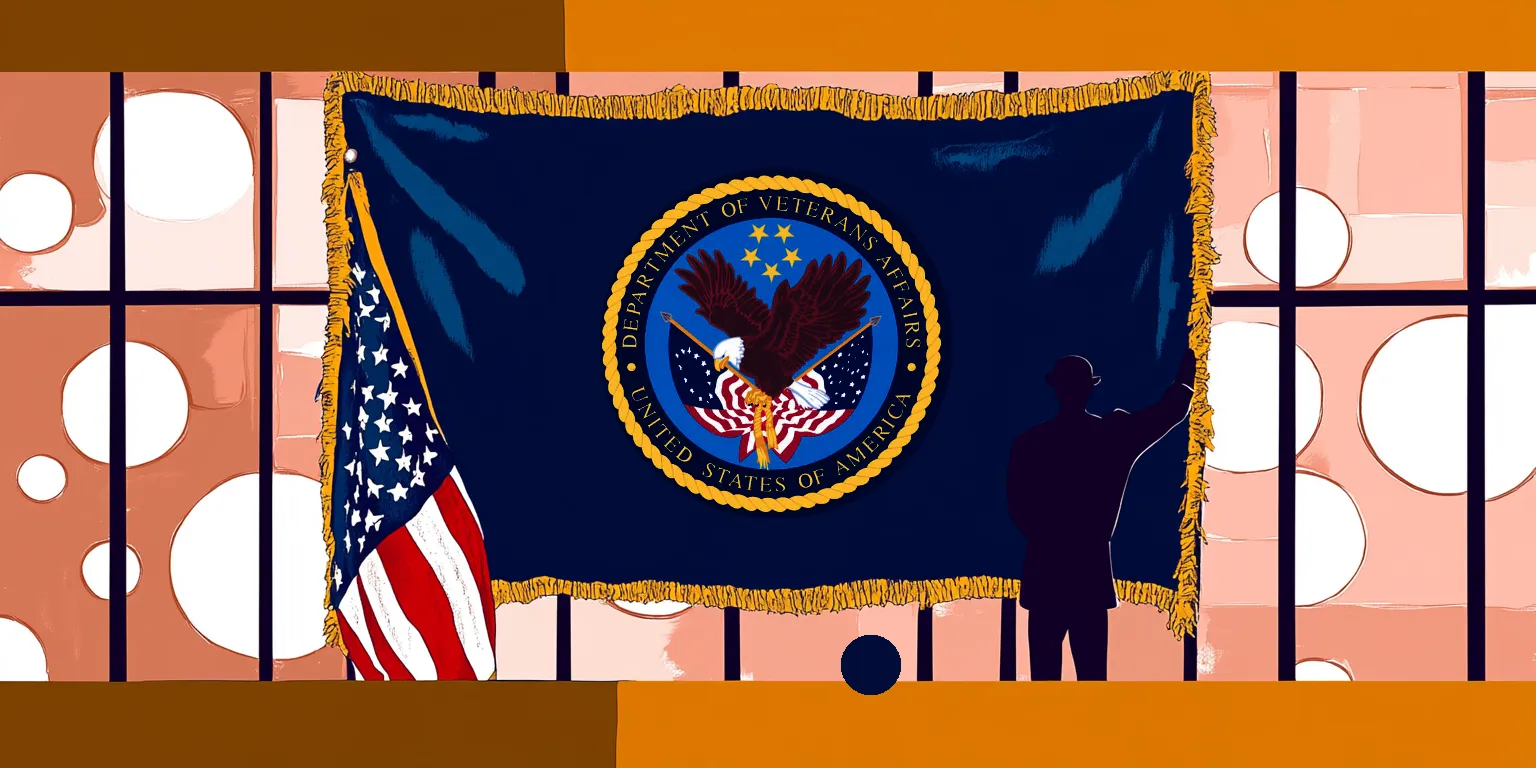The American healthcare system may not be completely broken, but we spend significantly more on healthcare, especially mental health care than any other developed nation. According to data from the Substance Abuse and Mental Health Services Administration (SAMHSA), the total spending on mental health care in the United States was estimated to be over $225 billion annually. This figure includes a wide range of services such as inpatient and outpatient treatment, medication, therapy sessions, and support services for conditions ranging from depression and anxiety to severe mental illnesses like schizophrenia and bipolar disorder. (1, 2)
What if a new treatment modality could change the price tag, even just slightly?
In recent years, the conversation around mental health treatment has taken some exciting turns, with one of the most talked-about developments being MDMA therapy. This innovative approach, specifically aimed at helping those suffering from severe PTSD, is showing promise not just in its effectiveness but also in its potential to save money for our overburdened and cost-prohibitive healthcare system. PTSD is a debilitating condition that affects millions, making everyday life a challenge and often requiring long-term, costly treatments. (3, 4)
“With an upfront cost of $11,537 per patient, the study projected net healthcare savings of $132.9 million over 30 years for 1,000 patients treated. That’s a lot of bang for your healthcare buck.”
Enter the latest research from a Phase III trial, which has sparked a new wave of interest. This study isn’t just another piece of the puzzle; it’s a significant leap forward, suggesting that MDMA-assisted therapy (MDMA-AT) could be a game-changer. Originally published in 2022 and updated in 2023 with results released this month, the research builds on earlier findings, comparing the costs and benefits of this novel therapy to traditional care methods. What’s exciting here is the suggestion that not only could this approach help people recover more effectively from PTSD (to the tune of an 86.5% efficacy rate), but it could also lead to substantial savings in healthcare costs over time. (3, 4)
Keep Up with Uncensored Psychedelic Trends
Join our newsletter at Psychedelics Uncensored.
We respect and protect your privacy. By subscribing your info will be subject to our privacy policy . Unsubscribe easily at any time
Led by experts Elliot Marseille, Jennifer M. Mitchell, and James G. Kahn, the study uses a sophisticated model to crunch the numbers, but the takeaway is clear: MDMA-AT could offer a double win. For individuals battling the profound challenges of PTSD, this new psychedelic therapy represents hope. And for a healthcare system under constant pressure to manage costs while delivering effective care, financial savings are a compelling part of the story. (3, 4)
The Heart of the Matter: Understanding MDMA-Assisted Therapy

Imagine a therapy session that looks quite different from the traditional couch-and-notebook setup. In MDMA-assisted therapy (including couples therapy), patients embark on a guided psychological journey, facilitated by a dose of MDMA, in a safe and controlled environment. This isn’t about recreating a music festival vibe in a clinical setting; it’s about using the unique effects of MDMA—increased empathy, diminished fear, and heightened emotional insight—to tackle the deep-seated traumas that lie at the heart of PTSD. (3, 4)
The Phase III trial that’s been turning heads in the medical community treated 90 patients with severe PTSD, comparing the outcomes of those who received MDMA-assisted therapy with those who received standard care. The results? Not only did the patients who underwent MDMA-AT show significant improvements, but the therapy also demonstrated a potential for cost savings that could make a CFO’s heart flutter. With an upfront cost of $11,537 per patient, the study projected net healthcare savings of $132.9 million over 30 years for 1,000 patients treated. That’s a lot of bang for your healthcare buck. (3, 4)
“In the world of healthcare economics, that’s an incredibly low price to pay for such significant improvements in quality of life.”
But how does it work in practice? Patients in the trial went through three preparatory psychotherapy sessions, followed by three 8-hour sessions with MDMA and then nine integrative psychotherapy sessions to help them process their experiences. This intensive regimen proved more effective and, crucially, more cost-efficient than many traditional treatments for PTSD, which often involve long-term medication and therapy with varying results.
Keep Up with Psychedelic Trends
Get uncensored psychedelic news, events, and updates. Join Psychedelics Uncensored!
We respect and protect your privacy. By subscribing your info will be subject to our privacy policy . Unsubscribe easily at any time
The Dollars and Sense of MDMA Therapy

Let’s talk numbers because they tell a compelling story. Beyond the immediate health benefits for patients, the financial analysis from the study paints a picture of significant long-term savings. By preventing the myriad costs associated with untreated or poorly managed PTSD—like chronic health issues, lost productivity, and ongoing medical treatment—MDMA-AT could ease the financial burden on both patients and the healthcare system at large.
Breaking even on its cost in just 3.8 years, MDMA-AT isn’t just a quick fix; it’s a long-term investment in patient well-being. The study estimated an addition of 4,856 quality-adjusted life years (QALYs) across the treated population, preventing 61.4 premature deaths. These aren’t just numbers; they represent lives profoundly changed for the better. (3)
Moreover, the study’s sensitivity analyses, which explore various “what-if” scenarios, consistently support the robustness of these findings. Even in hypothetical situations where healthcare savings were not as substantial, MDMA-AT emerged as a cost-effective strategy, with an incremental cost-effectiveness ratio (ICER) of $2,384 per QALY. In healthcare economics, that’s an incredibly low price to pay for such significant improvements in quality of life. (3)
Looking Ahead: The Future of MDMA-Assisted Therapy

As we stand on the brink of potentially revolutionizing PTSD treatment, it’s clear that MDMA-assisted therapy offers more than just hope—it offers a tangible, cost-effective solution. However, the path forward involves navigating regulatory approvals, training therapists, and ensuring access to this treatment for those who need it most.
The conversation around MDMA-AT is changing, moving from cautious optimism to enthusiastic support, underscored by solid data and real-world effectiveness. As this therapy moves closer to becoming a standard treatment option, its potential to save lives and reduce healthcare costs shines as a beacon of progress in mental health care.
In a world where the cost of healthcare is a constant concern, the promise of MDMA-assisted therapy stands out not just for its clinical effectiveness but for its potential to bring about significant economic savings. It’s a win-win scenario that could redefine how we treat PTSD, making a profound difference in the lives of millions while also addressing the financial sustainability of healthcare systems. The future of MDMA-AT is not just bright; it’s economically sound.
Sources

1. Data | CBHSQ. (2000). Samhsa.gov. https://www.samhsa.gov/data/
2. Center for Behavioral Health Statistics and Quality Substance Abuse and Mental Health Services Administration. (2022). Annual detailed tables. https://www.samhsa.gov/data/sites/default/files/reports/rpt42714/NSUMHSS-Annual-Detailed-Tables-22.pdf
3. Marseille, E., Mitchell, J. M., & Kahn, J. G. (2022). Updated cost-effectiveness of MDMA-assisted therapy for the treatment of posttraumatic stress disorder in the United States: Findings from a Phase 3 trial. PLOS ONE, 17(2), e0263252. https://doi.org/10.1371/journal.pone.0263252
4. Mitchell, J. M., Ot’alora G. , M., van der Kolk, B., Shannon, S., Bogenschutz, M., Gelfand, Y., Paleos, C., Nicholas, C. R., Quevedo, S., Balliett, B., Hamilton, S., Mithoefer, M., Kleiman, S., Parker-Guilbert, K., Tzarfaty, K., Harrison, C., de Boer, A., Doblin, R., & Yazar-Klosinski, B. (2023). MDMA-assisted therapy for moderate to severe PTSD: a randomized, placebo-controlled Phase 3 trial. Nature Medicine, 29, 1–8. https://doi.org/10.1038/s41591-023-02565-4
This material is not intended as a replacement or substitute for any legal or medical advice. Always consult a medical professional about your health needs. Psychedelics are widely illegal in the United States, and readers should always be informed about local, state, and federal regulations regarding psychedelics or other drugs.

 David Connell
David Connell





